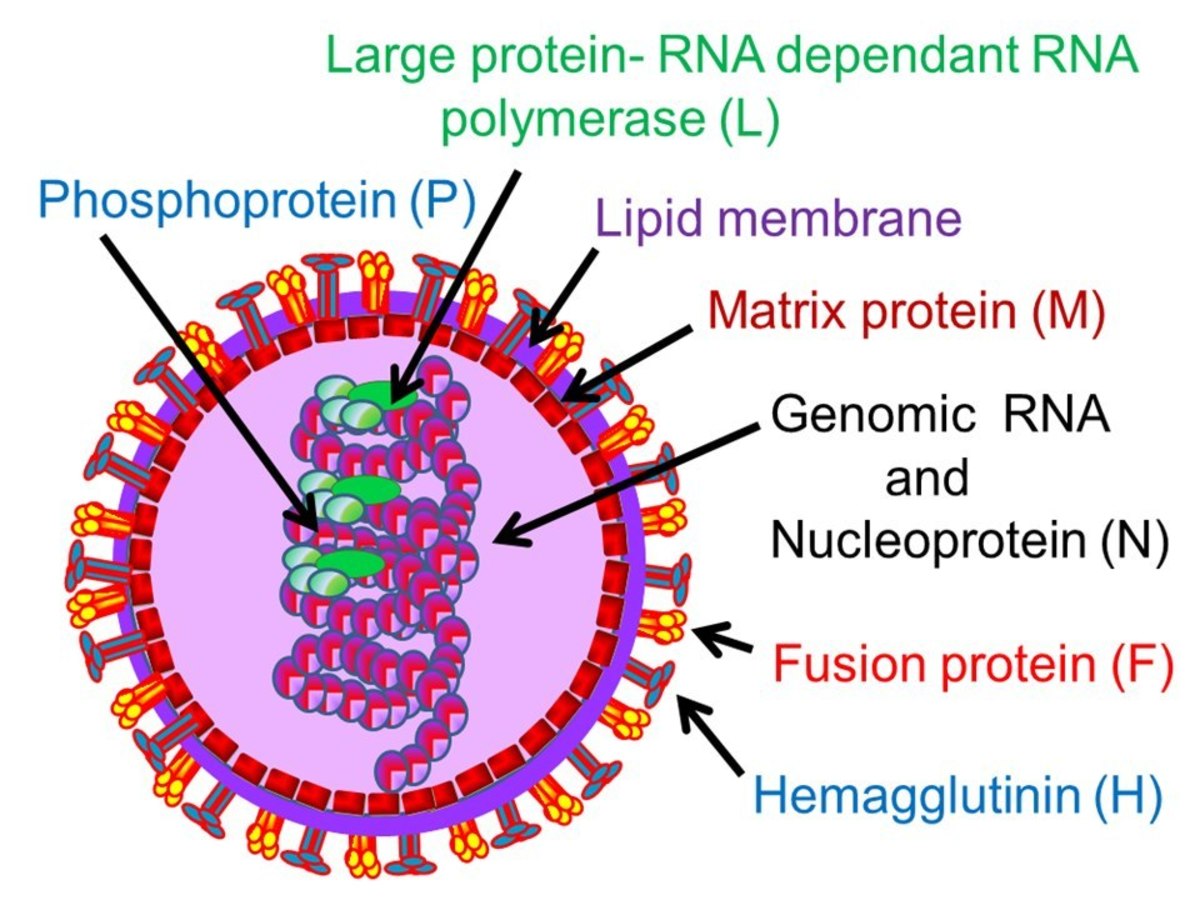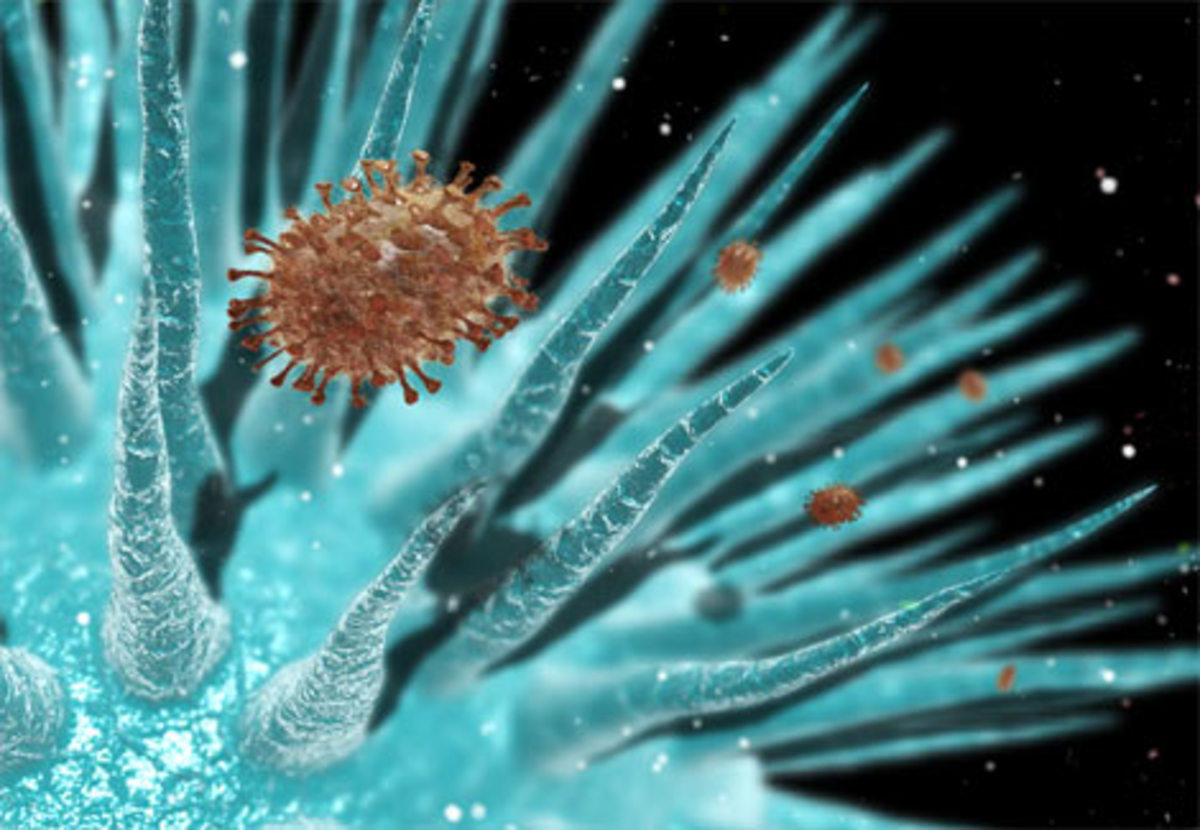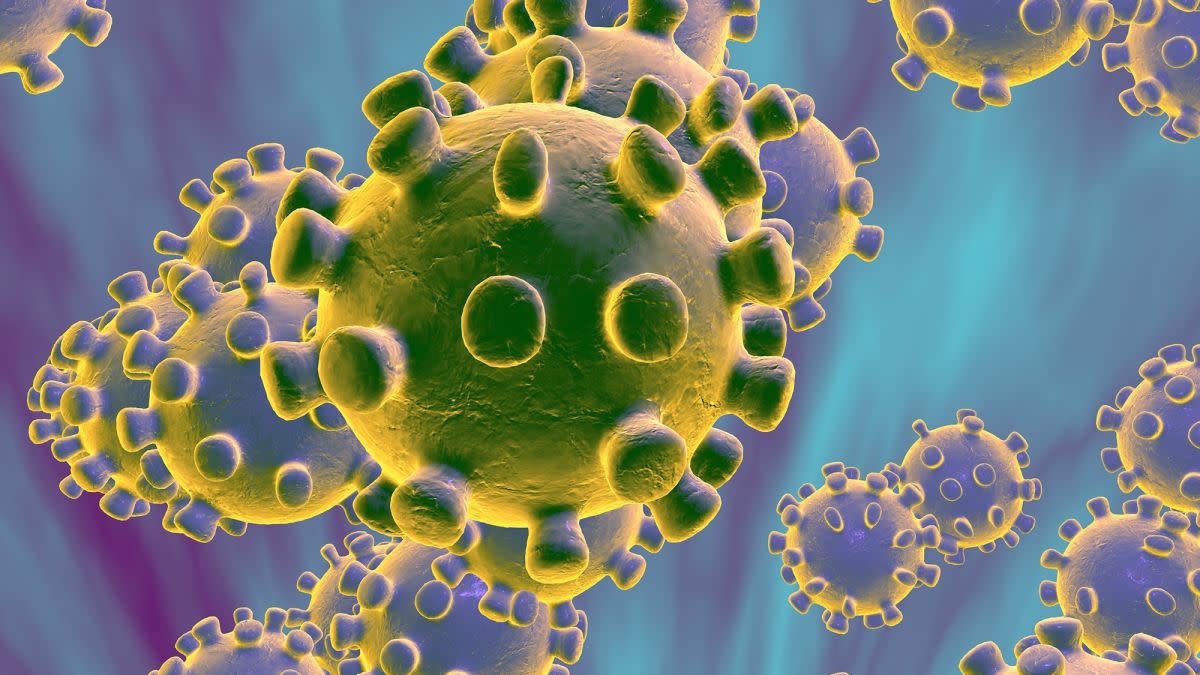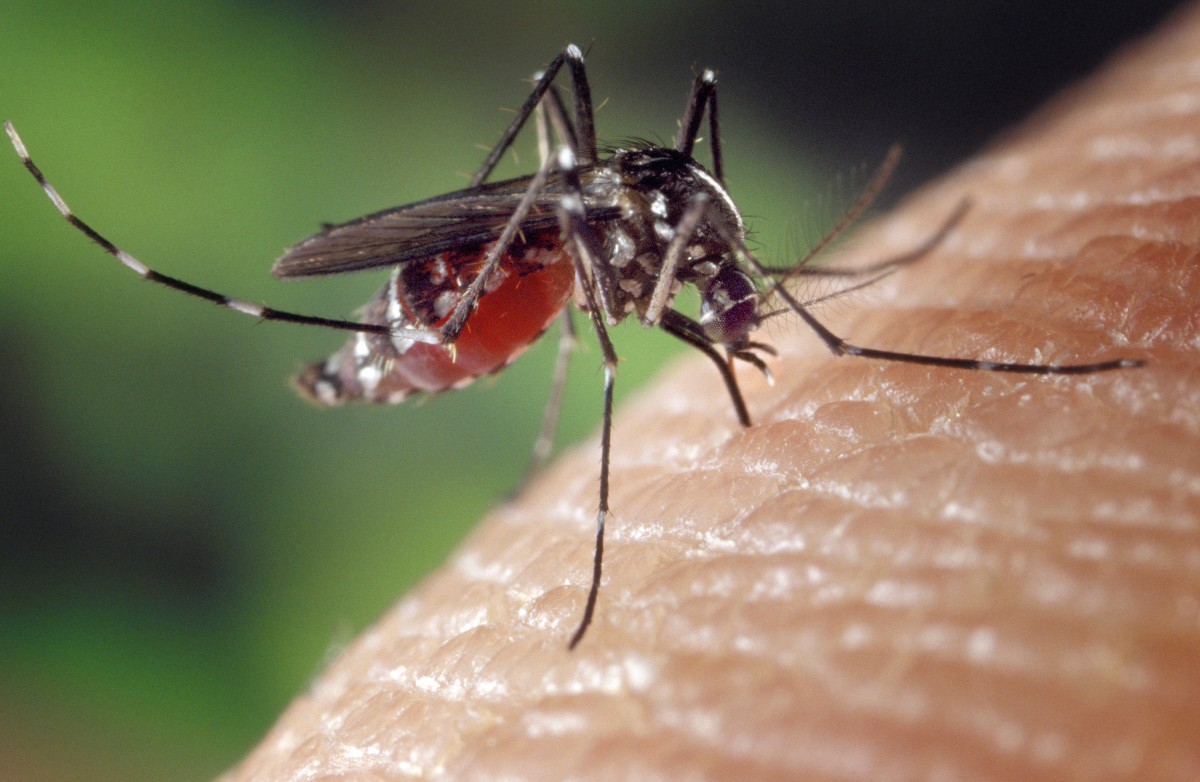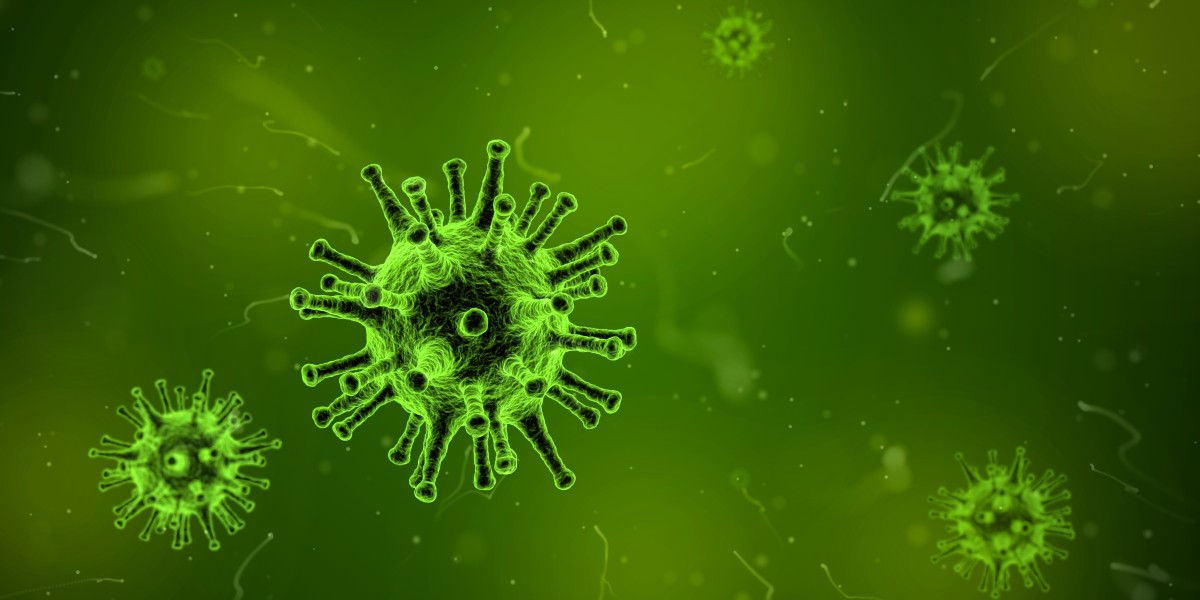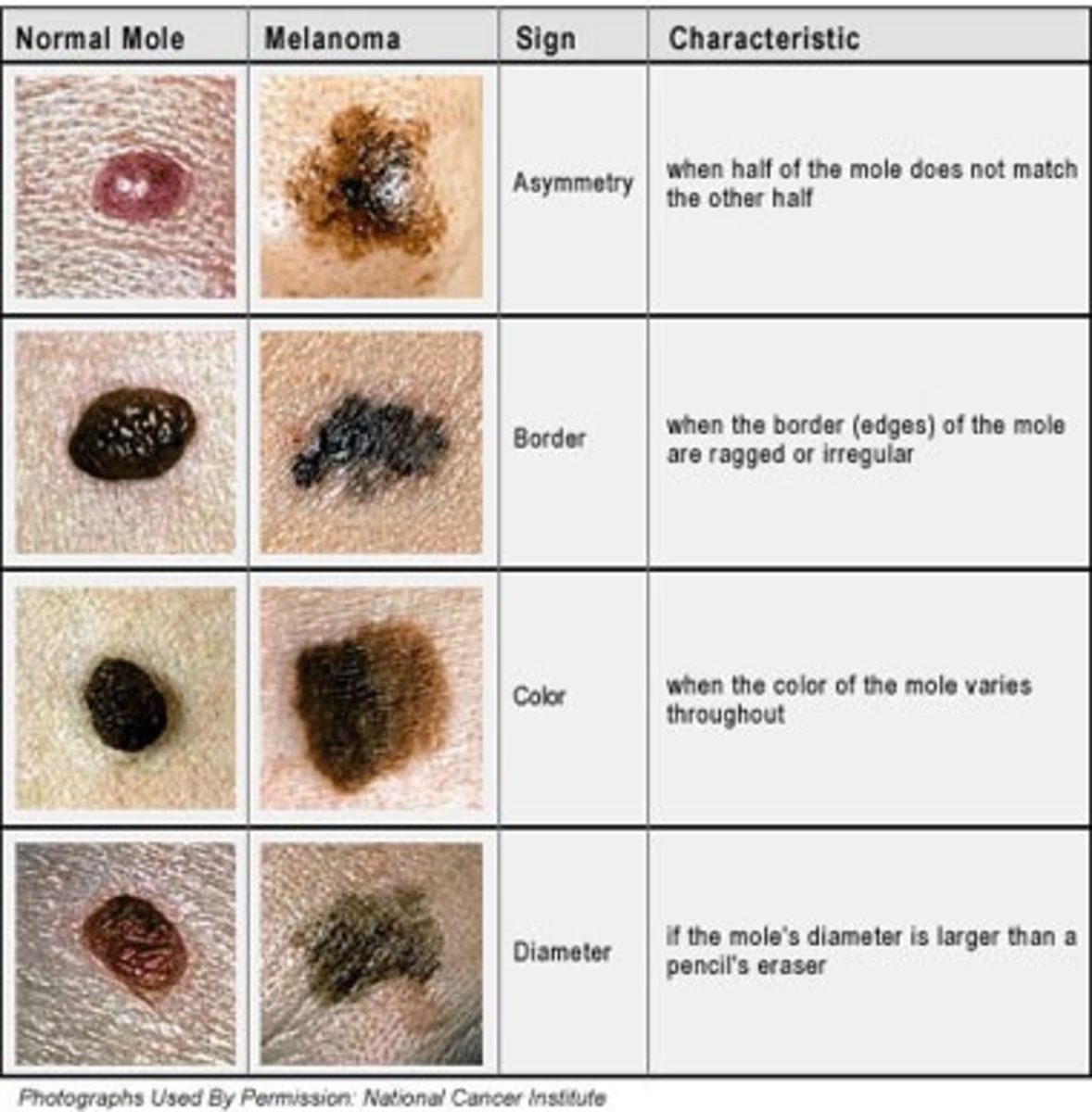Ways to Slow Down the Spread of COVID-19
How to Slow down the Spread of the Virus
COVID-19 is a respiratory disease that mainly affects the lungs. It can easily be contracted if someone touches an infected object or person. It first started in Wuhan, China but it eventually spread across the world, leading to the pandemic we are dealing with today. There are over 17,000,000 confirmed cases worldwide and they are still growing. But, there are ways to slow down the spread of the virus. If people can follow the protocols efficiently, then there might be a stop to the mass spread of this virus.
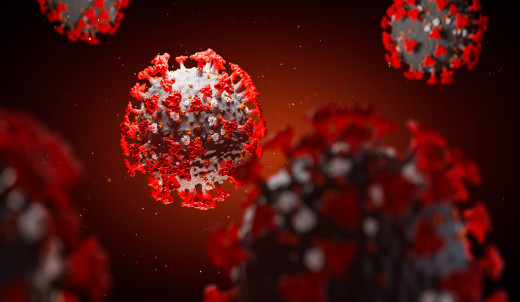
Symptoms of COVID-19
COVID-19 comes in a wide range of symptoms, depending on the carrier's age or health status. It could be mild for some individuals but others, especially individuals in an older age group, can experience severe or even life-threatening symptoms. That's why it is important to check if you're experiencing any COVID-19 symptoms throughout a period. Here are the common symptoms of COVID-19 according to the CDC:
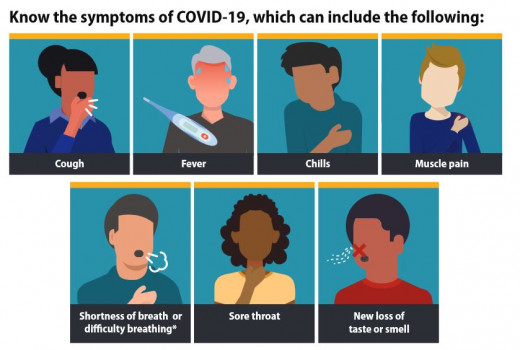
How to Protect Yourself and Others
In order to avoid contracting COVID-19 or giving COVID-19 from others, you would need to practice these six pieces of advice:
1. Stay at Home as Much as Possible
As hard as it sounds, it is best to stay home and avoid contact with others. Since the virus can be contracted from interacting with others, staying at home can slim that chance completely, especially if you live by yourself or with a few people. Even though you can't hang out with your friends or go out to your favorite places, you can still have fun at home and at no cost of contracting the virus.

2. Practice Social Distancing
To effectively avoid infecting others with COVID-19 or contracting COVID-19, staying at least six feet apart from others is the best option. If someone coughs or sneezes in the air without a mask, it can spread to anyone who is nearby. Coronavirus can stay in the air for three hours. Even the objects the infected individual uses can be infected with the virus. However, if people stay six feet apart from each other, the coronavirus would not be able to reach the un-infected ones.
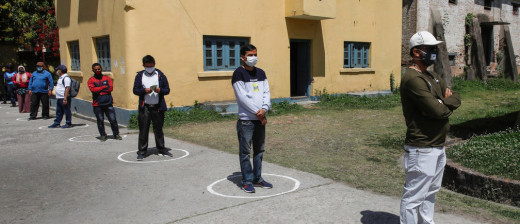
3. Wear a Mask
Wearing a mask can prevent outside pathogens from entering your body. Since pathogens can enter through your nose and mouth, wearing a mask would filter out the pathogens from entering your body. It also works vice versa, wearing a mask can prevent you from infecting others. If you sneeze or cough, the mask would prevent the pathogens from being released into the air. If the two individuals are wearing masks, there is a 1.5% chance of contracting the virus. However, there still is a chance of being infected, even with a mask on. To have a high guarantee of not getting the virus, an N-95 would be able to give you good protection from COVID-19.

4. Wash Your Hands Frequently
Even though you should always wash your hands anyways, it is important to do this more frequently during the pandemic. Although using hand sanitizer is acceptable as well, washing your hands with soap or water is more preferable. Therefore, if you are coming from outside, wash your hands at home as soon as possible to prevent spreading the virus to your face or any object in your house.
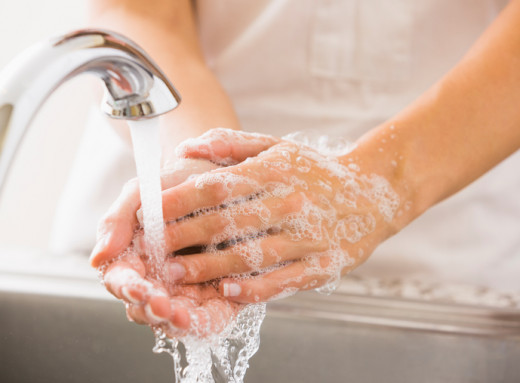
5. Get Tested
If you've been feeling COVID-19 symptoms, you can take a viral test to determine if you are currently experiencing the virus. However, the viral test only shows if you had COVID-19 at the time you were tested. Since the results are released after 3-5 days, you still have a chance of being positive even after being tested. There is also an option to see if you had COVID-19 in the past, which is called an antibody test. Testing positive on an antibody test can be beneficial since already being exposed before can protect you from contracting the virus again.
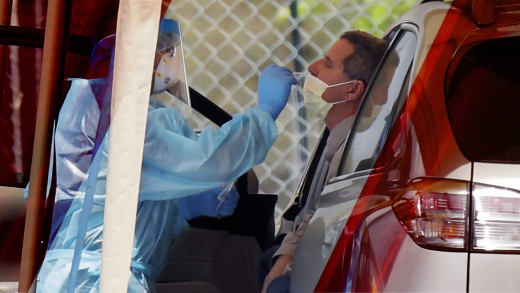
6. Quarantine Yourself If you Come in Contact with Someone with COVID-19
Keeping yourself away from loved ones can be difficult but to ensure the safety of their health, it is the best option to do. According to the CDC, if you come into contact with someone who is infected with COVID-19, you would need to quarantine yourself for 14 days. This means being in close contact or using the same utensils as the infected individual. Quarantining yourself is necessary to see if any symptoms show up during those 14 days. If you are having symptoms of COVID-19, it would be best to further quarantine yourself until you can get the medical attention that you need.

Call For Action
Following these simple protocols can give us a step forward to solving the mass spread of the virus. You can make a difference in changing our circumstances. It may take time but it can be possible. Therefore, inform others about the effect of the virus and the preventions that can be made to protect themselves and their loved ones.

